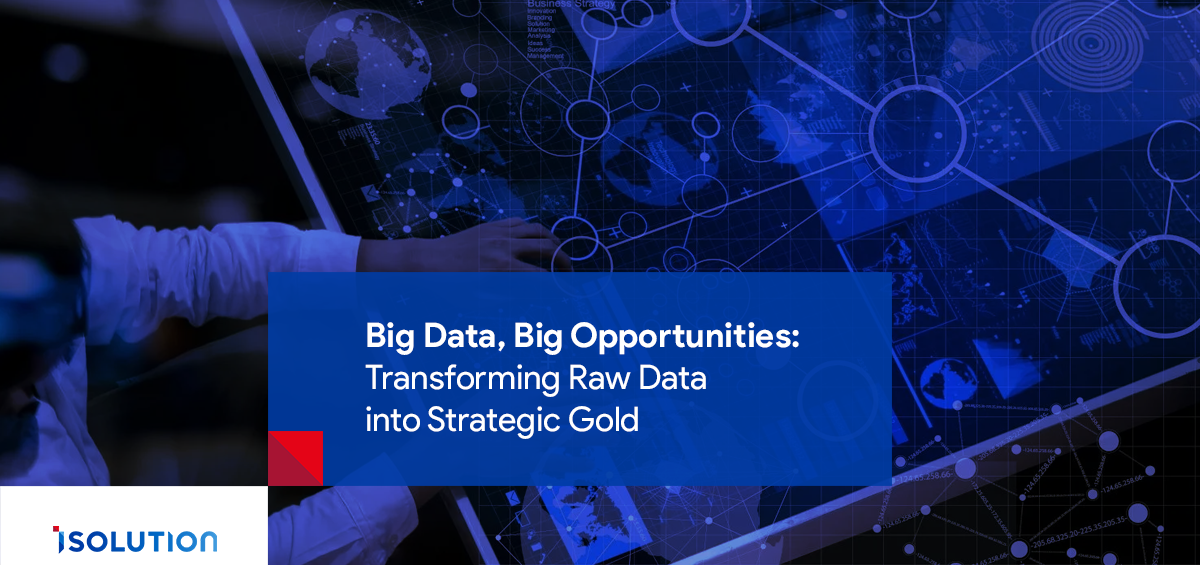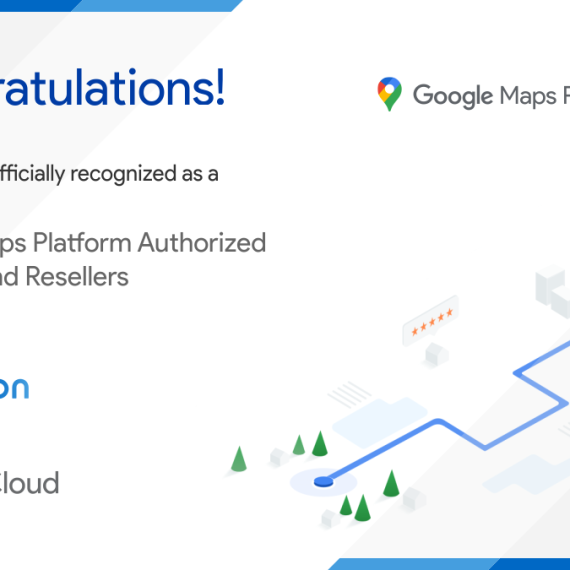In today’s hyper-connected digital world, data is generated at unprecedented volumes and speeds. From social media interactions and e-commerce transactions to IoT devices and enterprise systems, we’re swimming in a vast ocean of information. But data alone isn’t valuable, it’s what we do with it that counts. Big Data holds the key to transforming raw, chaotic information into strategic insights that drive innovation, efficiency, and growth.
What Is Big Data?
Big Data refers to extremely large and complex datasets that traditional data processing tools can’t handle efficiently. It is often defined by the “Five Vs”:
- Volume: Massive amounts of data
- Velocity: Real-time or near-real-time data processing
- Variety: Structured, unstructured, and semi-structured data
- Veracity: Quality and accuracy of data
- Value: The actionable insights extracted
Why Big Data Matters for Businesses
1. Enhanced Decision-Making
Big Data enables leaders to move from gut-feeling decisions to data-driven strategies. With powerful analytics tools, companies can uncover hidden patterns, correlations, and trends that guide product development, customer targeting, and operational improvements.
2. Improved Customer Experiences
By analyzing customer behavior, preferences, and feedback across channels, businesses can tailor personalized experiences. This improves satisfaction and loyalty while also increasing the likelihood of repeat purchases.
3. Operational Efficiency
Data-driven insights help streamline supply chains, optimize workforce allocation, and identify process bottlenecks. Real-time monitoring and predictive analytics reduce downtime and enable proactive management.
4. Innovation and New Revenue Streams
Big Data can also fuel innovation. By identifying unmet needs or emerging trends, companies can create new products, services, or business models. It also opens doors for monetizing data itself, turning analytics capabilities into client-facing offerings.
Key Technologies Powering Big Data
- Cloud Computing: Provides scalable infrastructure for storing and processing large datasets.
- Machine Learning & AI: Analyze complex datasets and automate decision-making.
- Data Lakes & Warehouses: Centralize structured and unstructured data for easy access and analysis.
- Real-Time Analytics Platforms: Allow immediate data processing for time-sensitive applications.
Real-World Applications
Retail
Retailers use Big Data to forecast demand, optimize pricing, manage inventory, and personalize marketing, leading to increased conversion rates and customer retention.
Healthcare
Hospitals and research institutions leverage data analytics for predictive diagnostics, treatment personalization, and improved patient outcomes.
Finance
Financial institutions utilize Big Data for fraud detection, credit scoring, algorithmic trading, and regulatory compliance.
Smart Cities & IoT
Governments and infrastructure planners use Big Data from IoT sensors to improve traffic flow, energy management, and public safety.
In an era where data is considered the new oil, Big Data is the refining process that turns raw information into a powerful strategic asset. Businesses that embrace it are not just optimizing processes, they’re transforming the way they operate, compete, and grow. Last but not least, Big Data isn’t just about technology, it’s about opportunity!







Leave a Comment